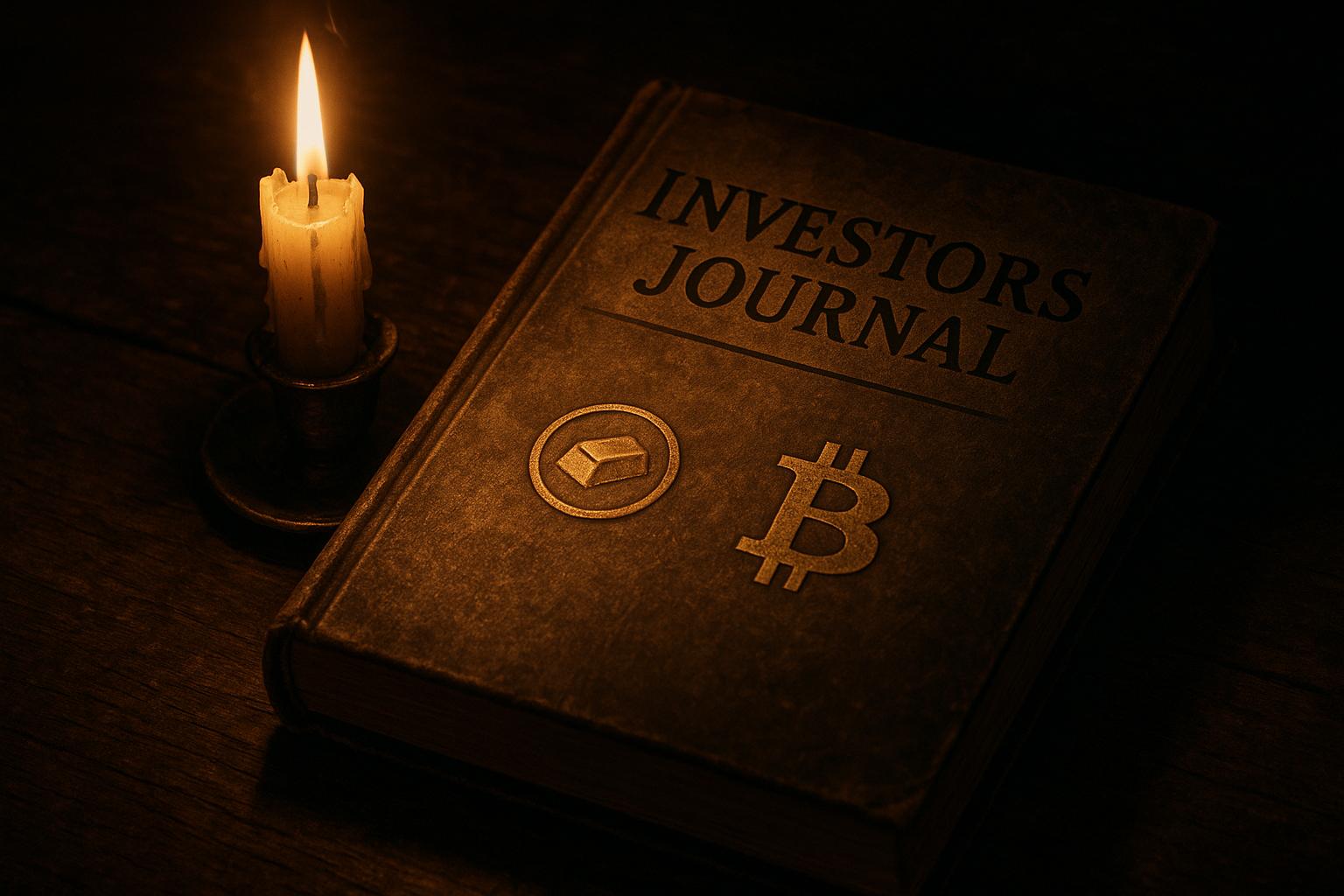Amid financial turmoil and geopolitical uncertainties, a compelling debate continues to emerge between traditional and digital store-of-value assets, with gold and Bitcoin at the centre of attention. Recent market movements illustrate a surge in interest for both, but unease among investors tempers enthusiasm, underscoring the deep contrasting characteristics of these two asset classes.
Gold has demonstrated remarkable resilience and appeal in the face of global economic instability. With prices climbing beyond $3,950 an ounce, gold challenges efforts by governments seeking to diminish its monetary role. Its historical significance as a tangible asset underpins this enduring allure. Since President Nixon severed the dollar’s convertibility to gold in 1971, gold reserves—particularly those held by the United States at Fort Knox and institutions like the International Monetary Fund—have retained their status as a dependable store of value. Central banks in India and China have notably increased gold acquisitions, reinforcing confidence in bullion as a safeguard against systemic risks.
In contrast, Bitcoin and other cryptocurrencies have experienced extraordinary price rises, with Bitcoin climbing to over $125,000 in certain trading sessions, fuelled by a proliferation of exchange-traded funds lending the digital asset a veneer of legitimacy. However, expert analyses highlight Bitcoin’s pronounced volatility and speculative nature. Unlike gold, Bitcoin’s creation through ‘mining’ remains complex and somewhat opaque, contributing to market fragility. Moreover, regulatory challenges and high brokerage commissions—often six times that of traditional assets—serve as cautionary signals to investors wary of crypto exposure.
Concerns about cryptocurrency risks have been underscored by recent legal repercussions linked to financial malpractice. The conviction of Zhimin Qian in London for a £5 billion crypto scam and the crash of the FTX exchange, alongside Sam Bankman-Fried's conviction, have cast shadows over the sector’s credibility. These events starkly remind investors of the vulnerabilities within the crypto ecosystem, where transparency and oversight remain problematic.
Financial commentators assert that while both asset classes reflect investor anxieties over political and economic uncertainties, gold retains a unique position as a secure and stable refuge. Analyses by financial scholars such as Nassim Nicholas Taleb argue that cryptocurrencies, including Bitcoin, fail to fulfil the criteria for dependable safe havens or inflation hedges, highlighting significant negative externalities and erratic market behaviour. Conversely, academic research comparing gold and Bitcoin substantiates that Bitcoin, despite its limitations, is evolving as a store-of-value option with a speculative edge, albeit one subject to much higher risk than bullion.
Additionally, broader financial trends contextualise the renewed interest in alternative assets. In the UK, the return of Shawbrook to the London Stock Exchange, backed by private equity, signals a strengthening fintech presence catering to underserved middle-market borrowers. However, concerns about over-taxation of banks and the potential adverse impact on lending capacity and economic growth persist amid government fiscal strategies.
In sum, investors navigating today’s complex financial landscape must carefully balance the allure of high-growth speculative assets like Bitcoin against the proven security of gold. With central banks continuing to bolster gold holdings and regulatory frameworks for digital currencies evolving cautiously, traditional and emerging stores of value face ongoing scrutiny. Ultimately, the choice between digital and physical assets comes down to a question of security versus speculation, durability versus volatility, with gold seemingly offering a safer harbour in a tumultuous era.
📌 Reference Map:
- Paragraph 1 – [1], [6]
- Paragraph 2 – [1], [6]
- Paragraph 3 – [1], [7]
- Paragraph 4 – [1], [4]
- Paragraph 5 – [2], [5], [4]
- Paragraph 6 – [1], [3]
Source: Noah Wire Services
